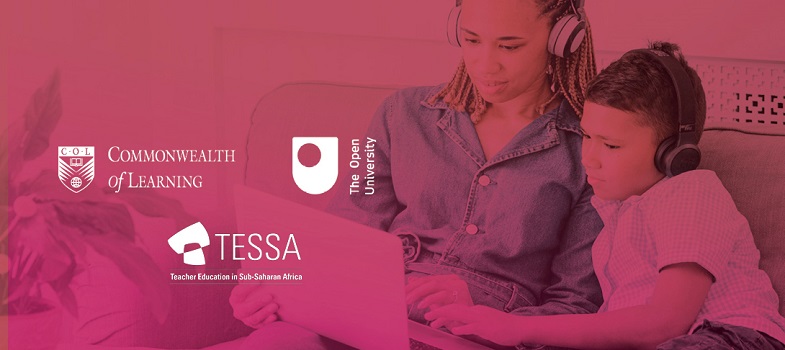School policy is defined as a set of established expectations for specific behaviours and norms that promote a well functioning, safe and effective learning environment.
The norm to be set is inclusion. The expectation is that Principal, teachers, parents, students, stakeholder agencies and the community would become inclusive.
The inclusion behaviours to acquire and display include - collaboration, sharing, turn-taking, empathy, sensitivity, tolerance and respect.
My best suggestion for an inclusion policy -
Principal - together with staff and in harmony with national or school district overarching policy and school philosophy establish a whole-school inclusion policy.
Teachers - create individual plans for scaffolding or supporting general education children and children with disabilities, e.g., step by step instructions for student friendly worded assignments with checklist to foster independent learning, self-esteem and memory or recall.
Students - participate in established classroom roster for peer mentoring, and building friendships.
Parental involvement - attend workshops that sensitize on inclusion, roles as parents and ways to become involved in school inclusion practices, eg., male/female football coaches volunteering their time and services to help children develop football skills, coordination, and fitness. Parents can also organize school concerts/talent shows, plays, playdates and parties.
Extra curricular activities - integrate extra curricular activities outside the school as activities that can be had in the school, eg., fieldtrips to the library, zoo or science fair can be enjoyed by all students as visiting book mobile, petting zoo on wheels and Science bus.
An inclusion policy such as this can contribute to all children's educational and social needs and experiences including Luis.
